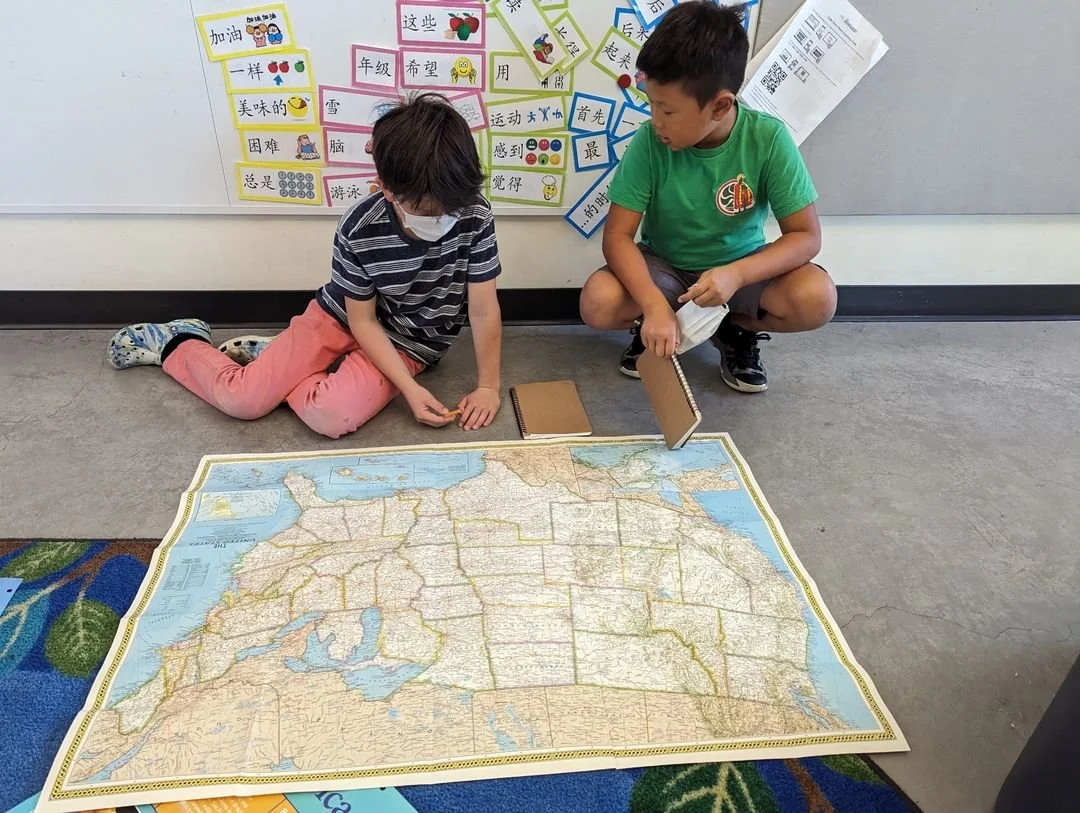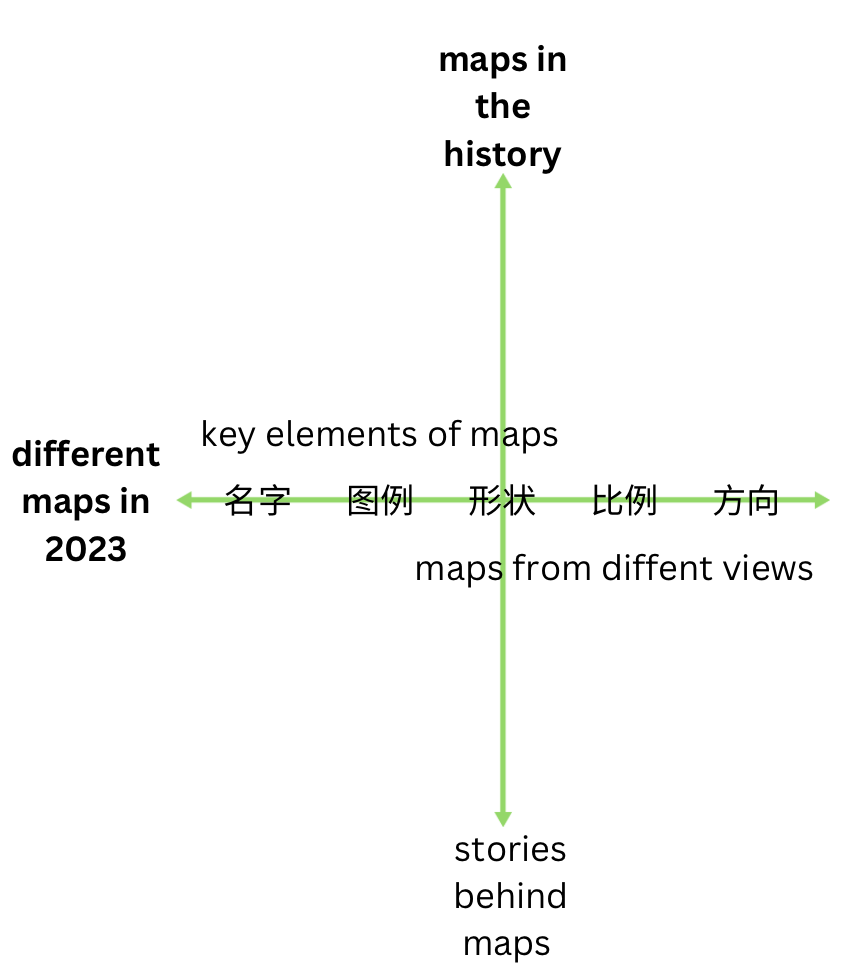Elementary Deep Dives
Units of Exploration in 3rd Grade
The Big Picture: How Our Units of Exploration Anchor Student Learning
The PKS mission is wholly unique, and our units of exploration are a core curricular component that brings the mission to life. Learning that happens in the context of our units and projects is authentic, meaningful and connected, and therefore also deep and lasting.
In kindergarten, units of exploration start with the students’ favorite subjects - themselves! Through exploration of their senses and their families, students begin learning different ways to relate to each other and their world. In first and second grade, students begin to relate to a widening world around them with topics such as life cycles, green communities, health, drama, and citizenship within our city. While studying these familiar topics, students build mindsets and skills that they can then apply to more abstract topics in upper elementary grades.
In third and fourth grade, students explore human development, frontiers, space, mechanics, migration, and energy. Through their project work, they engage in inquiry, hands-on creation, problem-solving, and self-reflection. Learning in this way contextualizes important, “traditional” subject matter such as history, geography, and biology and also develops dynamic, deep interdisciplinary thinking that can lead and empower students to solve complex real-world problems.
Zooming In
In third grade, teachers and parents often notice a significant leap in our children’s interest in the wider world, and their ability to engage in sustained academic work. This is a period of rapid growth and transformation for many students! This year, students will study four different units of exploration: Healthy Brains and Growth Mindset; Frontiers; Earth, Moon and Sun; and Simple Machines. These units are interconnected by the common theme of exploration and the explorer mindset. We delve into the historical context of explorers who ventured across the Earth, and into the universe. From there, our third graders will adopt the same exploratory mindset to solve real-world problems in our simple machines unit.
Musical mapping
To kick off the Frontiers unit, students created map legends based on observation of our neighborhood and we transformed them into our 'street song'.
Our current Frontiers unit is an example of how we integrate multiple subjects and lenses into the framework of a unit. We kick off this unit with two engaging entry events: "Me and the World" and a "Music Map" to spark curiosity. As we delve into the study of geography, we have been building the habit of perspective taking, particularly, thinking about historical events and situations from different parties’ points of view. We reflect on the stories behind maps, and use critical thinking to understand the lessons we can learn from history, including who has had the resources to document and tell their stories through maps or texts. We also incorporate mathematics by exploring concepts like scale and coordinate grids to enhance our map-reading skills. The students are empowered to be both geographers and artists as they create their own maps. Finally, we apply multimedia skills to present our learning effectively, sharing one story from different perspectives.
Beyond Geography
Maps are a useful tool that can help us navigate from place to place. They are also interesting historical documents that can tell a story. Through this unit, students will not only learn map-reading skills but also begin thinking about what stories maps throughout history have told, and who was telling those stories. Whose story did not get told and why is that?
Faculty Spotlight
Anita Laoshi: I love the simple machines unit!This unit is my favorite because it allows students to transition from theoretical learning to hands-on activities. Students exercise creativity and critical thinking skills through the building process, and we can see their deep sense of accomplishment.
Han Laoshi: Our Frontiers unit is captivating at so many levels. Our study and comparison of maps prompted insights and questions from our students. Our classroom mapping project allowed students to show both creativity and application of mathematical problem-solving. I am inspired and can't wait to continue our exploration.
Rosalie Laoshi: I love the growth mindset unit. The application of a growth mindset in both daily learning and life is crucial, not only for students but also for teachers. The final project was a powerful way for students to put their learning into practice.







